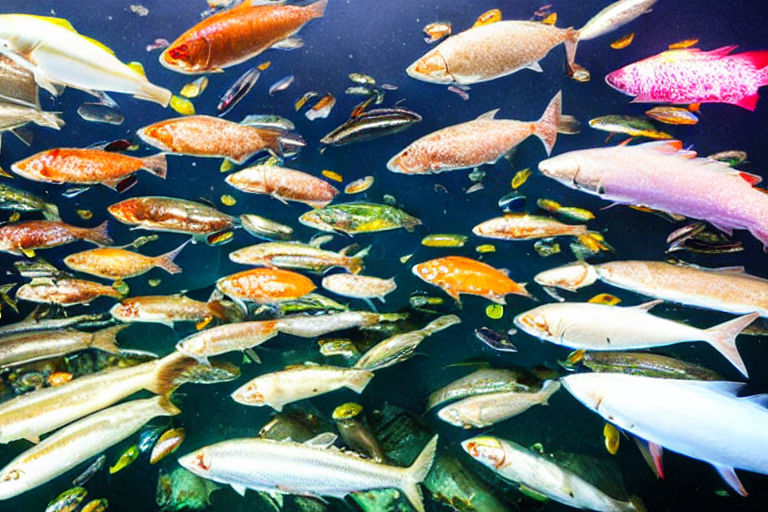The Benefits of Sustainable Seafood for Your Health and the Planet
Sustainable seafood has been gaining more attention over the years due to the increasing concern about the environment and its impact on human health. But what exactly is sustainable seafood, and what are its benefits?
What is Sustainable Seafood?
Sustainable seafood refers to fish, shellfish and other aquatic species that are harvested and farmed using methods that support the health of the ocean, protect the environment and ensure an ongoing supply of seafood for future generations. Such methods include:
- Fishing quotas and restrictions that prevent overfishing and allow populations to replenish naturally.
- Avoiding the capture and killing of non-targeted species (known as bycatch) by using more selective fishing gear and practices.
- Cultivating fish in controlled environments that limit the negative impact on the natural ecosystem.
- Using sustainable feed and minimizing antibiotics and chemicals in fish farming.
Benefits of Sustainable Seafood for Your Health
Eating sustainable seafood offers a range of health benefits, such as:
1. Rich in Omega-3 Fatty Acids
Sustainable seafood is an excellent source of omega-3 fatty acids, which are essential for heart health, brain function and preventing chronic diseases such as cancer, diabetes and arthritis.
2. Lowers Risk of Mercury Poisoning
Overconsumption of fish that contain high levels of mercury, such as king mackerel and swordfish, can be toxic to human bodies. However, sustainable seafood is generally low on the food chain and contains minimal levels of mercury, reducing the risks of mercury poisoning.
3. High in Protein and Nutrients
Seafood is an excellent source of protein, vitamins and minerals such as vitamin B12, iron and calcium.
Benefits of Sustainable Seafood for the Planet
Sustainable seafood not only benefits us, but it has a positive impact on our planet, such as:
1. Supports Marine Ecosystems
Sustainable seafood practices help maintain fish populations, which in turn support marine ecosystems and maintain biodiversity.
2. Reduces Carbon Footprint
Sustainable seafood is often sourced from local fisheries, reducing the environmental impact of transportation and lowering greenhouse gas emissions.
3. Protects Natural Resources
Sustainable fishing practices prevent overfishing and depletion of marine resources, ensuring that seafood will be available for future generations.
Final Thoughts
Choosing sustainable seafood is a simple way to reap both personal and environmental benefits. Next time you order seafood, look for sustainable options and create a healthier future for both you and the planet.



